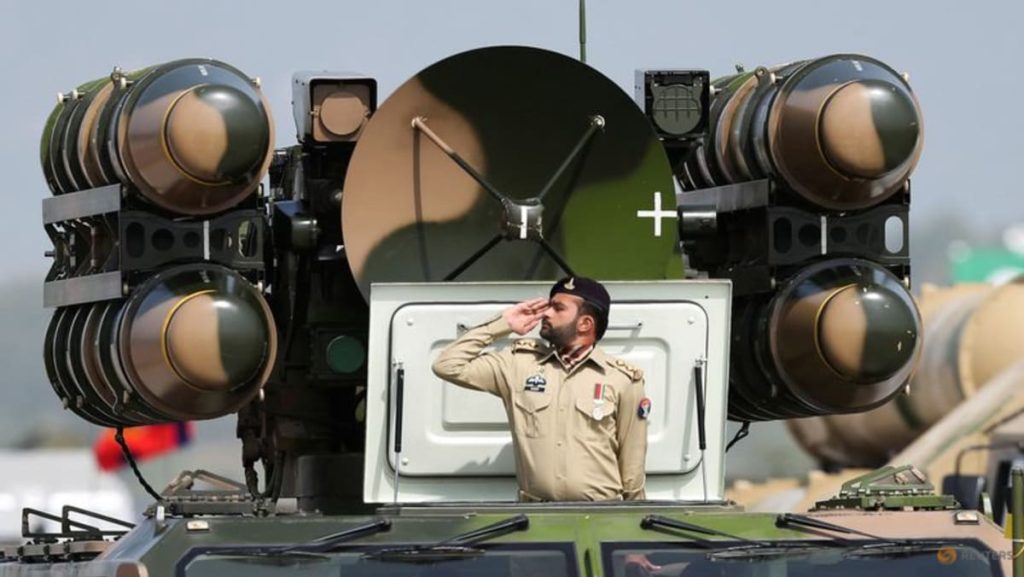The relationship between the United States and Pakistan has significantly deteriorated since the US withdrawal from Afghanistan in 2021, culminating in recent expressions of deep concern from Washington regarding Pakistan’s expanding ballistic missile program. Jon Finer, the Deputy National Security Adviser, publicly characterized Pakistan as an “emerging threat” to the United States, highlighting the country’s development of long-range missile technology capable of potentially reaching targets beyond South Asia, including the US mainland. This assessment marks a significant shift in the US perception of Pakistan’s nuclear and missile ambitions, traditionally viewed as focused on regional rivalry with India.
Finer’s remarks, delivered at the Carnegie Endowment for International Peace, specifically pointed to Pakistan’s pursuit of advanced missile systems and larger rocket motors, indicating a trajectory towards intercontinental ballistic missile (ICBM) capabilities. He emphasized the limited number of nations possessing such technology, most of which are considered adversaries by the US, namely Russia, North Korea, and China. By placing Pakistan in this context, Finer underscored the gravity of the situation and the perceived shift in Pakistan’s strategic objectives. This public declaration followed a new round of US sanctions targeting Pakistan’s ballistic missile program, including sanctions against the state-run defense agency overseeing the program, a move signaling heightened US concern.
Pakistan’s official stance on its nuclear and missile programs has consistently emphasized their defensive nature, aimed at deterring potential aggression from India and maintaining regional stability. This narrative, however, is increasingly at odds with the US assessment, leading to a growing rift between the two nations. Senior US administration officials, speaking anonymously, confirmed longstanding concerns regarding the size and power of the rocket engines Pakistan is developing, suggesting a potential threat to the US within the next decade. The officials emphasized that the intention behind Finer’s statement was to pressure Pakistan into acknowledging and addressing these concerns, which they have thus far refused to do.
The core of the disagreement lies in the diverging interpretations of Pakistan’s motivations. While Pakistan insists on the defensive nature of its program, the US perceives a broader, more concerning ambition. This disconnect is exacerbated by Pakistan’s accusations of US bias and its claims that the sanctions are intended to weaken its defense capabilities against India. This miscommunication and lack of transparency have further strained the already fragile relationship between the two countries.
The situation is further complicated by the historical context of the US-Pakistan relationship. Historically, the two nations have collaborated on security matters, particularly during the Cold War and the subsequent War on Terror. However, the US withdrawal from Afghanistan marked a turning point, exposing underlying tensions and mistrust. Pakistan’s alleged support for the Taliban during the US presence in Afghanistan, coupled with the evolving geopolitical landscape, has further contributed to the deterioration of trust.
The current impasse presents a serious challenge to regional stability and global security. The potential for a nuclear-armed Pakistan with ICBM capabilities raises significant concerns about proliferation and the possibility of miscalculation. The US is urging Pakistan to engage in open dialogue and address the concerns surrounding its missile program, emphasizing the importance of transparency and cooperation in preventing further escalation. The future of the US-Pakistan relationship hinges on both sides finding a way to bridge the gap in their perceptions and rebuild trust, a task that appears increasingly difficult given the current trajectory.

